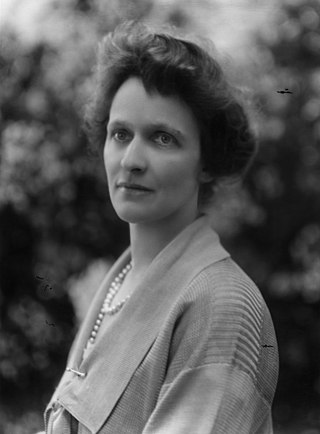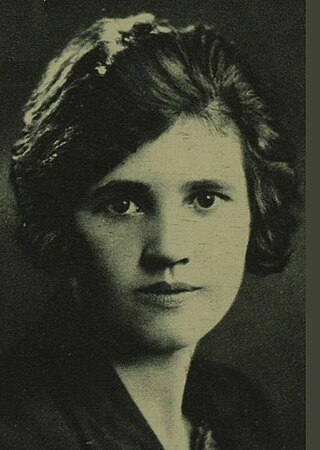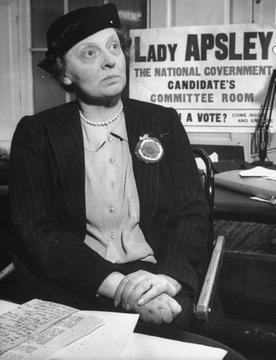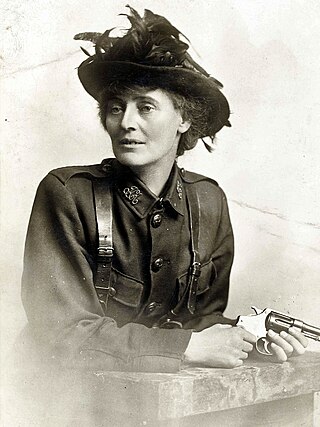
Nancy Witcher Langhorne Astor, Viscountess Astor, was an American-born British politician who was the first woman seated as a Member of Parliament (MP), serving from 1919 to 1945. Astor was born in Danville, Virginia and raised in Greenwood, Virginia. Her first marriage, to socialite Robert Gould Shaw II, was unhappy and ended in divorce. She then moved to England and married American-born Englishman Waldorf Astor in 1906.

Glenda May Jackson was an English actress and politician. Over the course of her distinguished career she received numerous accolades including two Academy Awards, two BAFTA Awards, three Emmy Awards, a Golden Globe Award, and a Tony Award. A member of the Labour Party, she served continuously as a Member of Parliament (MP) for 23 years, initially for Hampstead and Highgate from 1992 to 2010, and Hampstead and Kilburn from 2010 to 2015, following boundary changes.

Diana Margaret Pearson Maddock, Baroness Maddock, Lady Beith was a British Liberal Democrat politician. She was elected as Member of Parliament (MP) for Christchurch in a 1993 by-election but lost the seat at the subsequent 1997 general election to Conservative Christopher Chope. She re-entered Parliament as a life peer as Baroness Maddock, of Christchurch in the County of Dorset, in 1997 where she remained until her death.

Janet Lee, Baroness Lee of Asheridge, PC LLD HonFRA, known as Jennie Lee, was a Scottish politician. She was a Labour Member of Parliament from a by-election in 1929 until 1931 and then from 1945 to 1970.

Frieda Inescort was a Scottish actress best known for creating the role of Sorel Bliss in Noël Coward's play Hay Fever on Broadway. She also played the shingled lady in John Galsworthy's 1927 Broadway production Escape and Caroline Bingley in the 1940 film of Jane Austen's Pride and Prejudice.

Berwick-upon-Tweed is a parliamentary constituency in Northumberland represented in the House of Commons of the UK Parliament since 2015 by Anne-Marie Trevelyan, a Conservative.

Gloucester is a constituency centred on the cathedral city and county town of the same name, represented in the House of Commons of the UK Parliament by Richard Graham of the Conservative Party.

Matilda Alice Powles, Lady de Frece was an English music hall performer. She adopted the stage name Vesta Tilley and became one of the best-known male impersonators of her era. Her career lasted from 1869 until 1920. Starting in provincial theatres with her father as manager, she performed her first season in London in 1874. She typically performed as a dandy or fop, also playing other roles. She found additional success as a principal boy in pantomime.
Sarah A. "Sally" Oppenheim-Barnes, Baroness Oppenheim-Barnes, PC is a British Conservative politician.

Katharine Marjory Stewart-Murray, Duchess of Atholl, DBE, known as the Marchioness of Tullibardine from 1899 to 1917, was a British noblewoman and Scottish Unionist Party politician whose views were often unpopular in her party.

Violet Emily Mildred Bathurst, Lady Apsley, CBE was a British Conservative Party politician. Upon the death of her husband, Lord Apsley, she succeeded him as Member of Parliament (MP) for Bristol Central in a 1943 by-election. She held the seat until 1945 when it was taken by Labour.
Sir James Augustus Grant, 1st Baronet was a British Conservative Party politician.
Hilton Philipson, also known as Hylton Phillipson was a politician in the United Kingdom.

Janet Laurel Adamson was a British Labour Party politician who served as a Member of Parliament (MP) from 1938 to 1946, and as a junior minister in Clement Attlee's post-war Labour government.
Philipson or Phillipson is a surname.

The 1923 Berwick-upon-Tweed by-election of 31 May 1923 was a by-election to the British House of Commons which saw Mabel Philipson become the third woman to take her seat in Parliament. The election was caused when her husband, Hilton Philipson, was deprived of his seat due to corruption by his election agent. The result was formally a Conservative Party gain as husband and wife fought as members of different parties. Mrs Philipson, a former actress, performed much better at the polls than her party had expected.

The representation of women in the House of Commons of the United Kingdom has been an issue in the politics of the United Kingdom at numerous points in the 20th and 21st centuries. Originally debate centred on whether women should be allowed to vote and stand for election as Members of Parliament. The Parliament Act 1918 gave women over 21 the right to stand for election as a Member of Parliament. The United Kingdom has had three female Prime Ministers: Margaret Thatcher (1979–1990), Theresa May (2016–2019), and Liz Truss (2022). The publication of the book Women in the House by Elizabeth Vallance in 1979 highlighted the under-representation of women in Parliament. In more modern times concerns about the under-representation of women led the Labour Party to introduce and, decades later, abandon all-women short lists, something which was later held to breach discrimination laws.

Dorothea Jewson, better known as Dorothy Jewson, was a British teacher, trade union organiser, Labour Party politician, and one of her party's first female Members of Parliament. Whilst at Girton College, Cambridge, she joined socialist organisations including the Independent Labour Party, and went on to campaign for Women's Suffrage in Norwich. She became the "Chief Organiser" of the women's section of National Union of General Workers, before leaving to work as a housemaid at a London hotel, investigating the working conditions there.


















